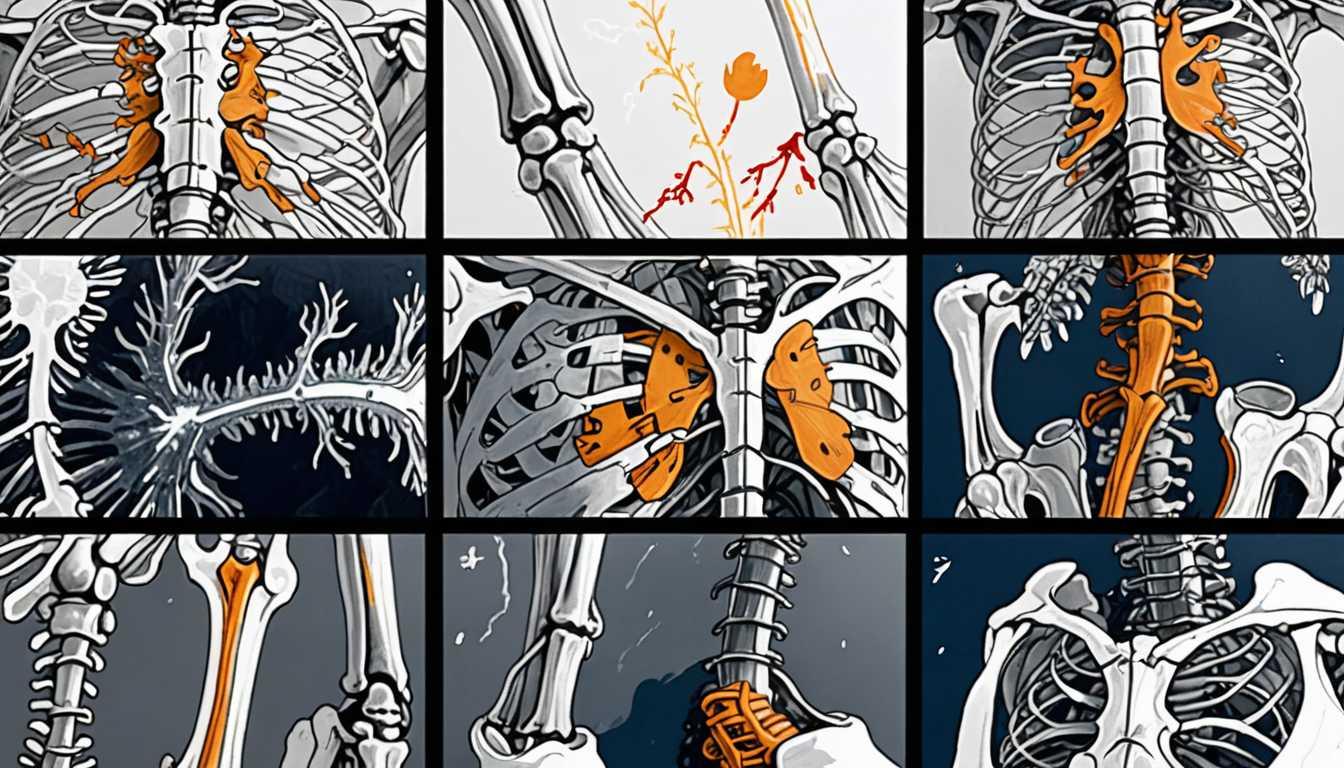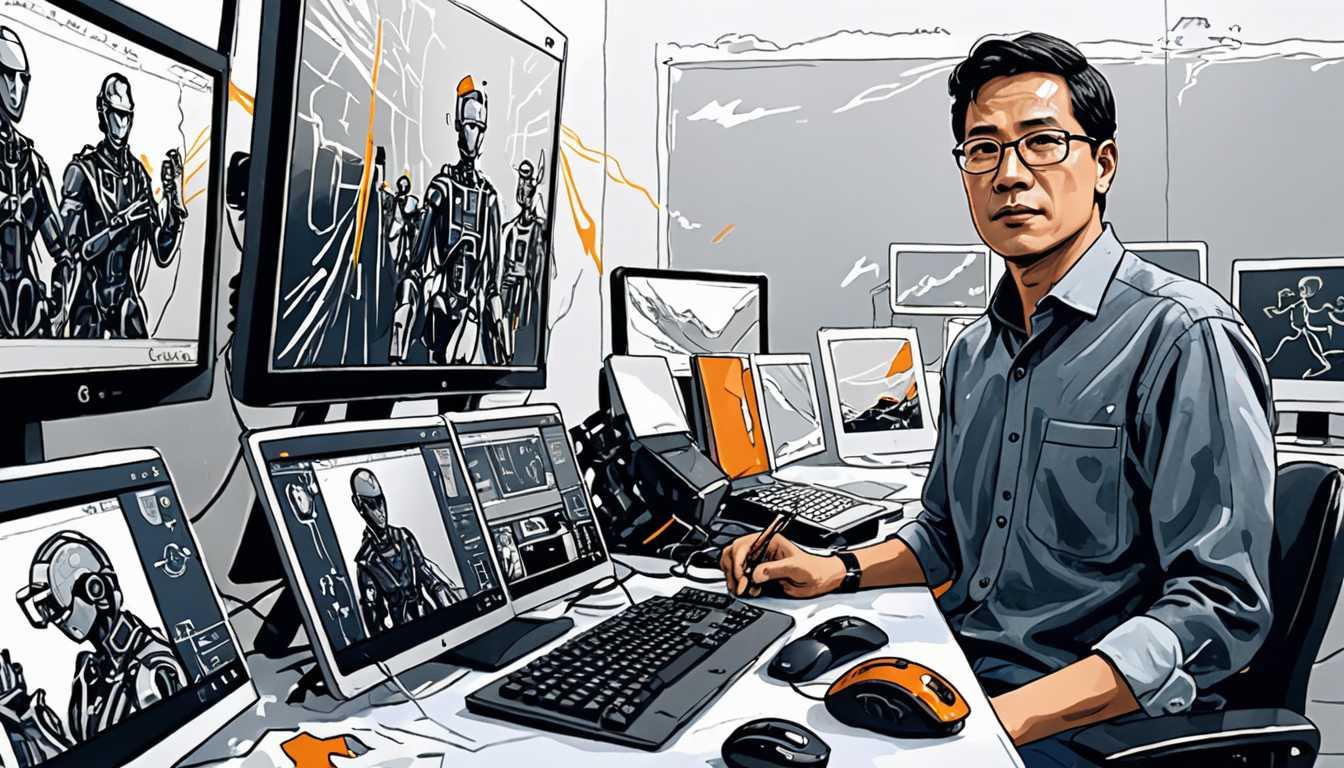Mind Talks: Decoding Thoughts into Text
May 2023
Smithsonian Magazine
Introduction
Dive into the futuristic world of brain decoding with Smithsonian Magazine's latest scoop! Scientists have developed an A.I. that translates brain scans into text, capturing the essence of stories heard by participants. Imagine a future where stroke patients communicate seamlessly without uttering a word. This isn't sci-fi—it's real science, pushing the boundaries of how we understand and interact with the human brain. Get ready to be amazed by what your brain can do without you even speaking!
READ FULL ARTICLEWhy It Matters
Discover how this topic shapes your world and future
Unlocking the Language of the Mind
Imagine being able to turn thoughts into words without speaking a single syllable, or translating the silent movies in your mind into vivid stories for others to hear. Researchers are on the brink of making this science fiction a reality, using A.I. to decode words from brain scans. This breakthrough could revolutionize how we communicate, especially for those unable to speak due to medical conditions. It's not just about giving a voice to the voiceless; it's about understanding the complex orchestra of brain activity that creates our thoughts and language. For you, this could mean a future where your brainwaves could write your essays or compose music, making the exploration of this topic not just fascinating but potentially personally transformative.
Speak like a Scholar
Non-invasive
Techniques that don't require entering the body, like the fMRI scans used in this study, which track brain activity without any surgical procedures.
Functional MRI (fMRI)
A special type of MRI that measures and maps the brain's activity by detecting changes in blood flow, allowing researchers to see which parts of the brain are involved in different tasks.
Artificial intelligence (AI)
The simulation of human intelligence in machines that are programmed to think like humans and mimic their actions, such as the AI model used to decode brain activity into words.
Neuroscience
The scientific study of the nervous system, including the brain. It's a field that combines biology, chemistry, and physics to understand how the brain and nervous system function.
Ethics
The moral principles that govern a person's behavior or the conducting of an activity. In this context, it refers to the debate over the moral implications of reading and interpreting brain activity.
Decoding
In neuroscience, this refers to the process of translating brain signals into understandable information, like turning brainwaves into words or sentences.
Independent Research Ideas
The evolution of brain-computer interfaces
Explore the history and development of technology that allows direct communication between the brain and external devices. Investigate how this technology has evolved and its potential future applications.
Ethical implications of mind reading
Delve into the ethical considerations of technology that can interpret thoughts. Consider privacy concerns, consent, and the potential for misuse. This topic invites a deep dive into the balance between technological advancement and ethical responsibility.
Language and the brain
Investigate how different languages are processed in the brain and the impact of multilingualism on brain function. This could include studying the brain's plasticity and how language learning affects its structure and activity.
Artificial intelligence and creativity
Explore the potential of AI in mimicking or enhancing human creativity. Can machines be truly creative, or do they simply replicate patterns they've learned from human input? This topic merges computer science with psychology and art.
The future of non-verbal communication
Imagine a world where technology enables us to communicate through thought alone. Research how this could change social interactions, education, and even global communication. This topic invites speculation and creative thinking about the future of human interaction.
Related Articles

AI: A Heartbeat Away from Equality
August 2024
King's College London - News

Thoughts to Words: Unveiling Brain Secrets
May 2023
MIT Technology Review

Unveiling Bias in Medical AI Models
July 2024
MIT News

AI: The Future of Faster Cancer Care
June 2023
University of Cambridge

AI: The New Detective in Alzheimer’s Battle
March 2023
Harvard University